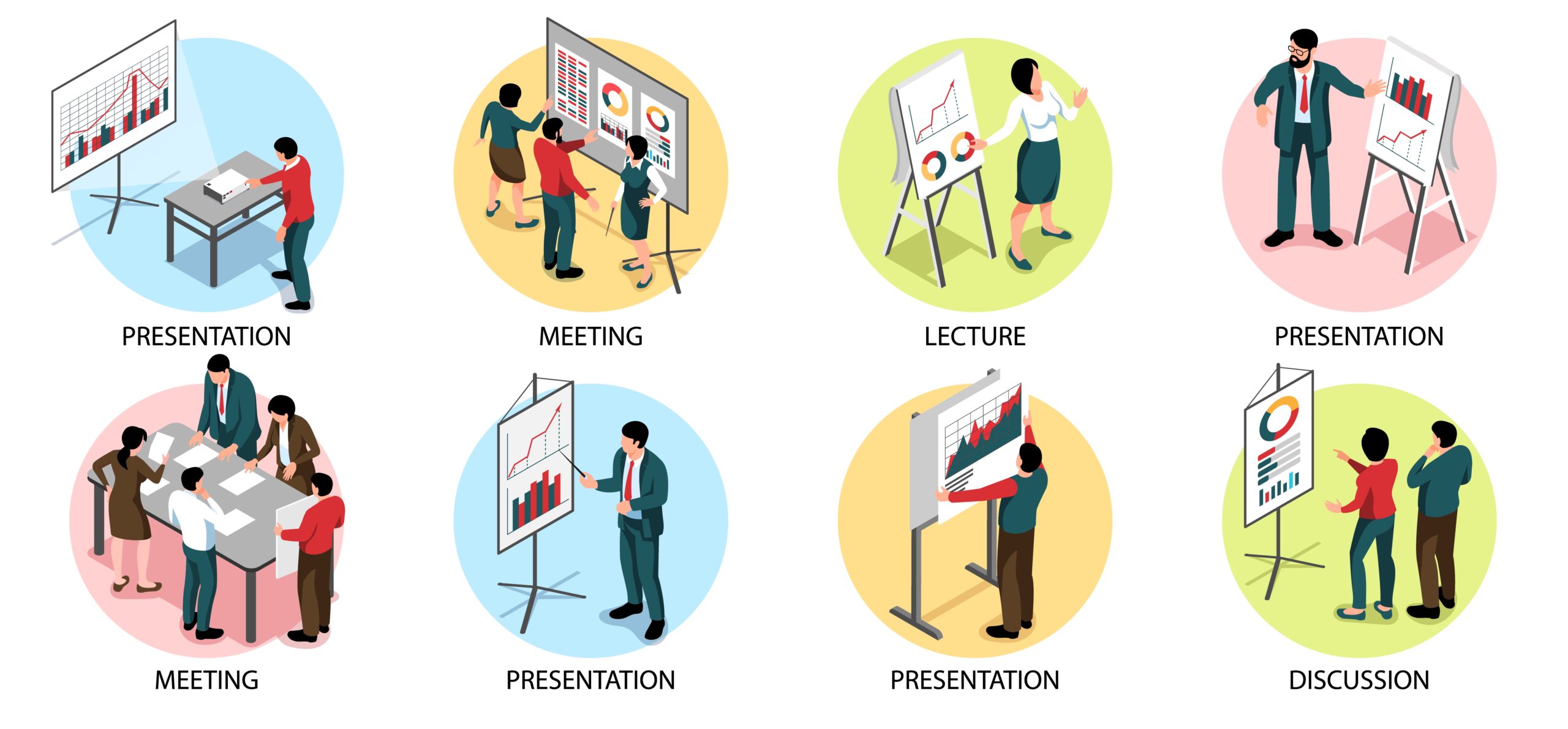COMMUNICATION SKILLS FOR EFFECTIVE LEADERSHIP

About Course
These days, it is common for most people to at some point be thrust into a leadership role. And say ‘thrust’ because most of us never asked for it and never wanted it. Leadership seems to only attract a certain type of person but unfortunately, you need to be in charge of others in many industries if you’re going to increase your salary and earn a bigger pay check.
It’s not until you start managing others, that you reach the higher pay band and the perks that go with this. But if you’re not naturally inclined toward leadership, this can be tough going. This is precisely why we get so many sub-par managers and unhappy offices. What do you expect when the person in charge doesn’t really want to be there and just finds this whole thing very, very stressful?
When you’re put in this position, suddenly it becomes that much easier to sympathize with those poor leaders from our past and to put ourselves in their shoes. And the painful part is that all of us know what a good leader looks like (and thus how far we might be from that).
Good leaders are bold, brave, inspiring, charismatic… The question is: how can you make sure that you are more like those heroes you admire and less like those stuffy managers that you dread?
Clear and powerful communication is vital for accomplishing any business objective, particularly in today’s economic climate. To be effective, executives must be able to engage and influence diverse stakeholders, including clients, colleagues, employees and top management. Leadership Communication presents a wide range of practical tools and concepts designed to strengthen executives’ abilities on multiple levels. Participants will learn how to use emotional and rational intelligence to persuade others in one-on-one situations, as well as when delivering presentations. They will acquire techniques for establishing credibility and managing nervous energy.
Course Content
COMMUNICATION SKILLS FOR EFFECTIVE LEADERSHIP
-
Introduction
00:00
LEADERSHIP COMMUNICATION SKILLS
EFFECTIVE COMMUNICATION FOR TODAY’S LEADER
HOW TO BECOME AN INFLUENTIAL LEADER
LEADERSHIP ETHICS
CHOOSE TO LEAD
THE 5-MINUTE GUIDE TO BEING A GREAT LEADER
20 TIPS TO IMPROVE YOUR LEADERSHIP SKILLS
HOW TO GET YOUR CERTIFICATE
Student Ratings & Reviews
Empathic listener + Influential communicator + Encouraging feedback = Effective Leader




